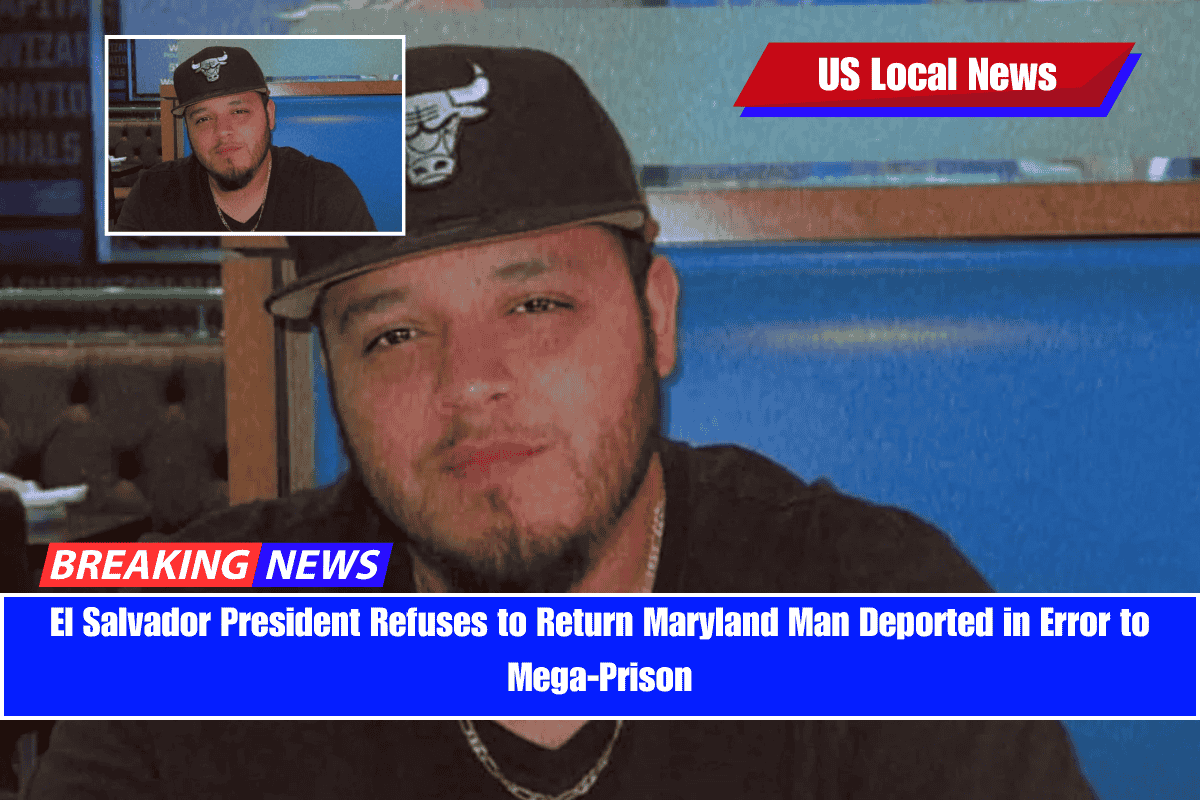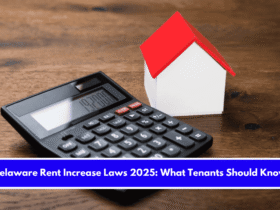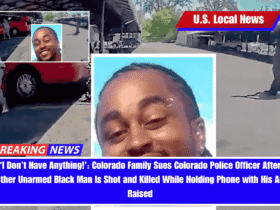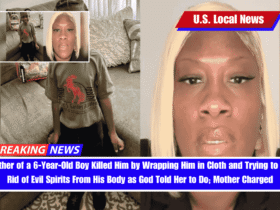In a high-stakes meeting between El Salvador’s President Nayib Bukele and President Donald Trump at the White House on Monday, Bukele firmly rejected the idea of returning Kilmar Abrego García, a Maryland man deported in error to a notorious mega-prison in El Salvador.
This came after the Trump administration had insisted it was not legally obligated to ensure García’s return, despite a US Supreme Court ruling stating that the administration must “facilitate” his repatriation.
Bukele’s Strong Rejection
During the meeting in the Oval Office, President Bukele stated that the request to return Abrego García was “preposterous,” and he further clarified, “How can I smuggle a terrorist into the United States? I’m not going to do it.”
He also stated that he lacked the authority to send García back to the United States, saying, “I don’t have the power to return him to the United States.”
Bukele made it clear that he would not allow Abrego García to be released into El Salvador either. “I’m not very fond of releasing terrorists into the country,” he said.
The Controversy Behind García’s Deportation
The controversy surrounding Kilmar Abrego García began in March 2025, when he was deported from Maryland to El Salvador due to an administrative error.
García, who had protected status under US law, had been living in the US when he was wrongfully deported, despite a 2019 immigration judge’s ruling that prohibited his removal to El Salvador.
The mistake occurred as part of the Trump administration’s efforts to deport alleged gang members to El Salvador, including those who had not been given proper due process.
García’s wife and family filed a lawsuit against the administration after his deportation, and on April 4, 2025, a district judge ruled that the administration must “facilitate and effectuate” his return to the US.
The Court’s Ruling and Administration’s Response
On April 4, Judge Paula Xinis ordered the administration to comply with the Supreme Court’s directive and work to bring García back.
However, despite the court order, the administration failed to act quickly, causing concern. The Supreme Court upheld the ruling but also emphasized the deference owed to the executive branch in foreign relations.
On April 11, the Trump administration acknowledged that García was being held at the Cecot mega-prison in El Salvador, a notorious facility known for housing dangerous criminals.
However, the administration claimed it was not required to return García to the US, interpreting the word “facilitate” to mean they only had to remove domestic obstacles to his return, not force El Salvador to cooperate.
El Salvador’s Position
In response to the situation, Stephen Miller, White House homeland security adviser, reiterated the administration’s stance, claiming that Abrego García was a member of the MS-13 gang, which is now classified as a foreign terrorist organization.
Miller argued that bringing him back to the US would be equivalent to “kidnapping” a citizen of El Salvador and returning him to America.
Pam Bondi, the Attorney General, echoed Miller’s remarks, stating that the decision to return García rested with El Salvador, not the US. She added that the Supreme Court ruling meant that the US would only facilitate his return if El Salvador agreed to send him back, likely involving providing transportation.











Leave a Reply